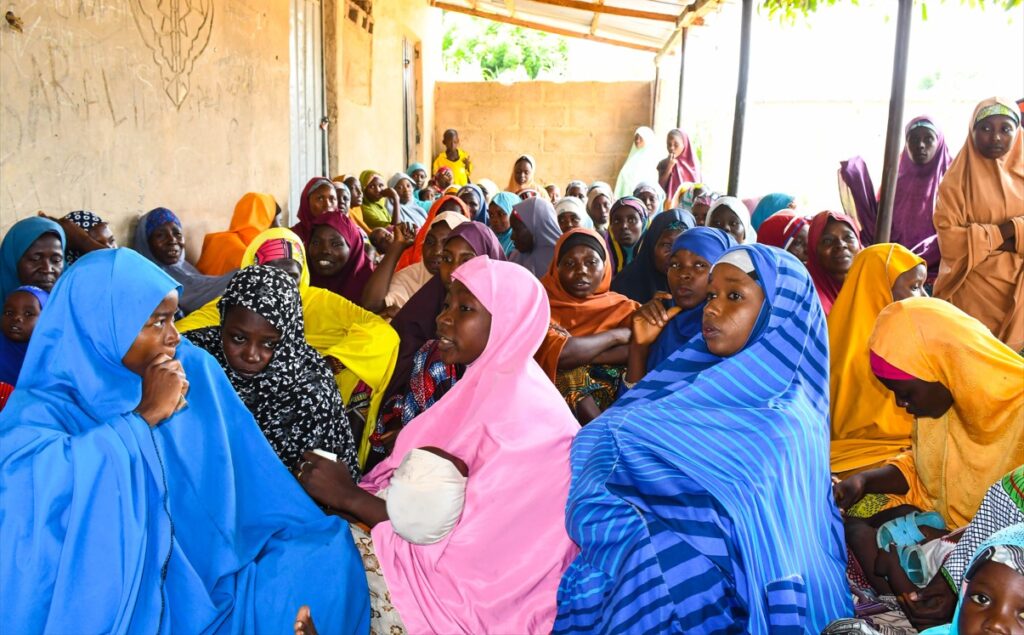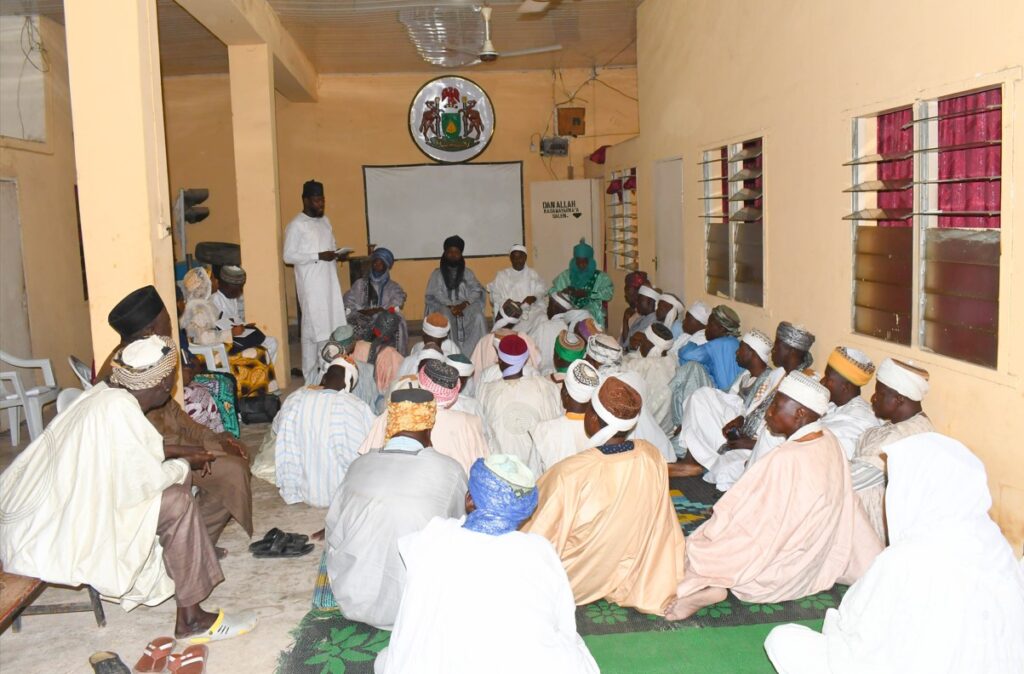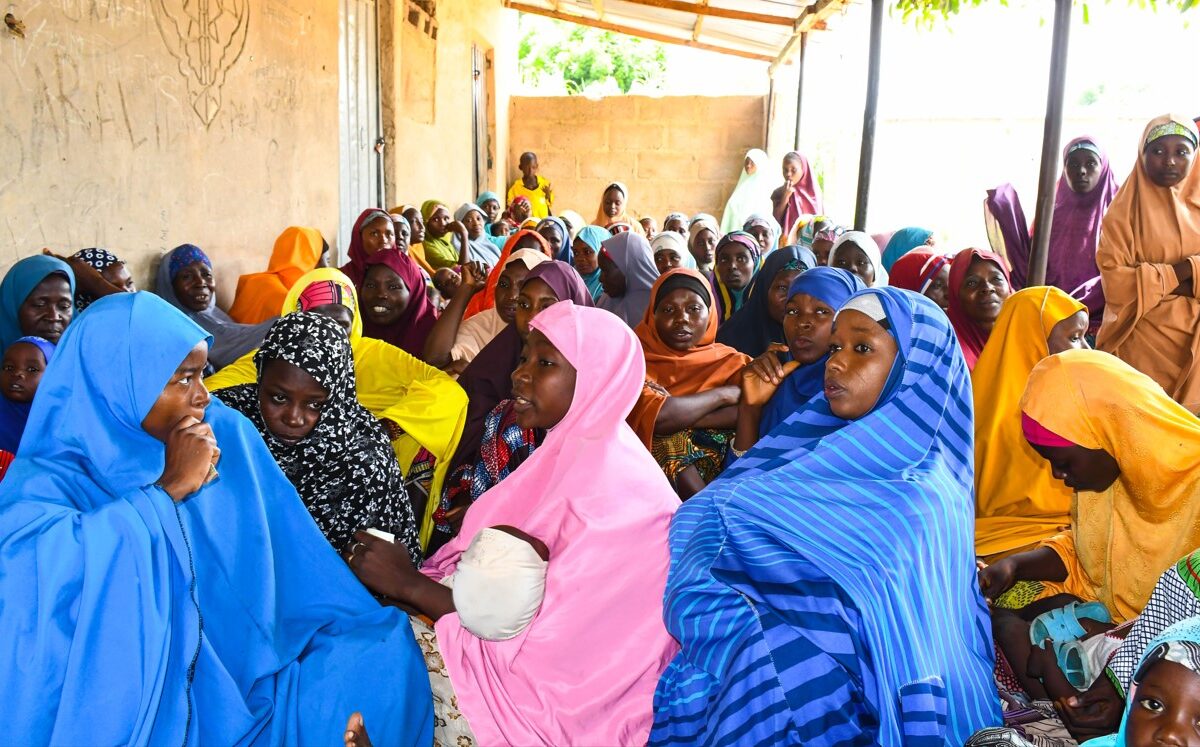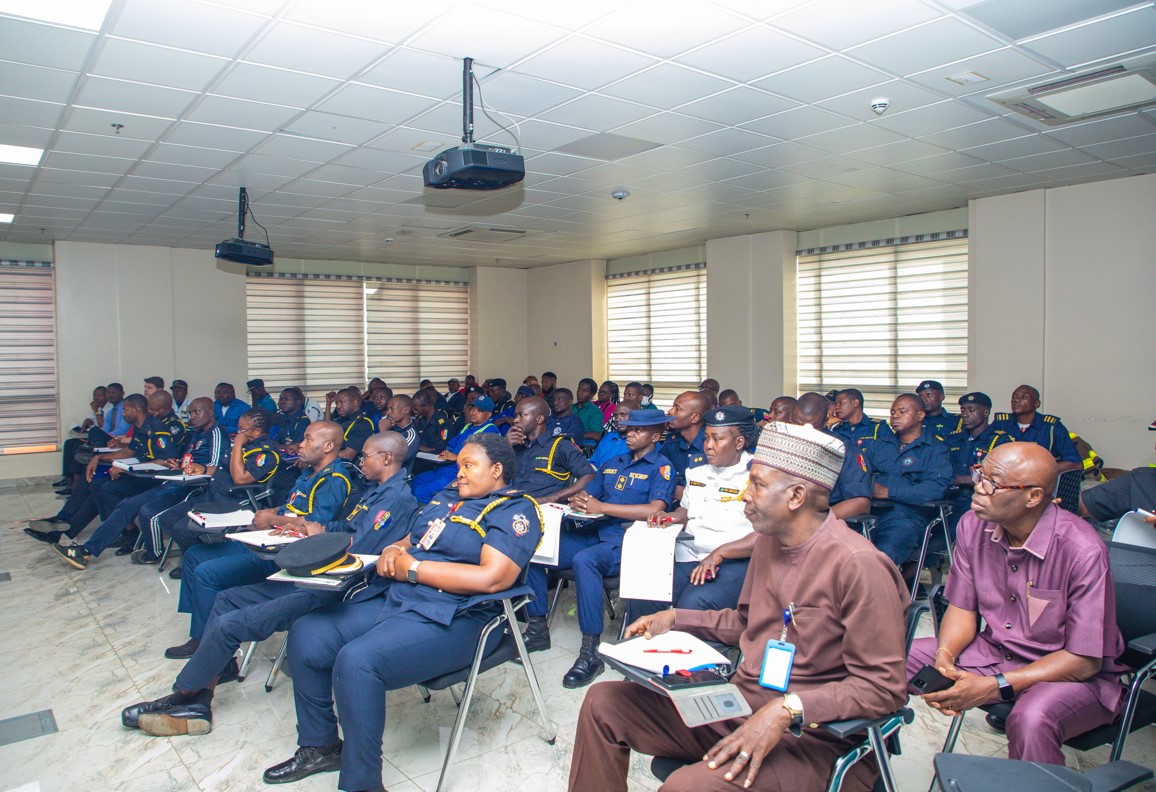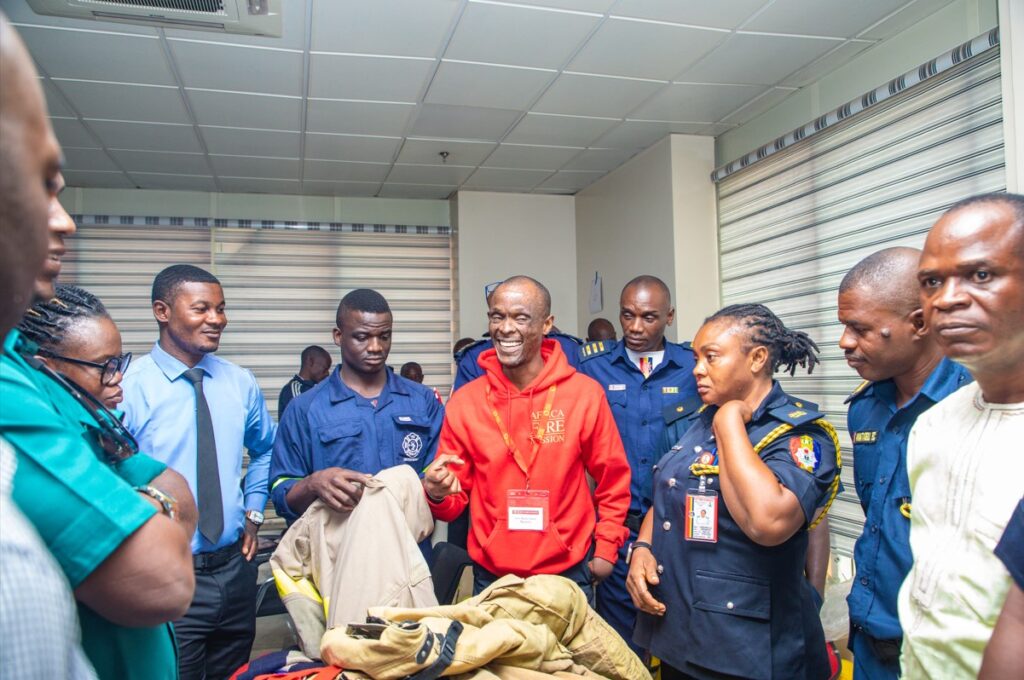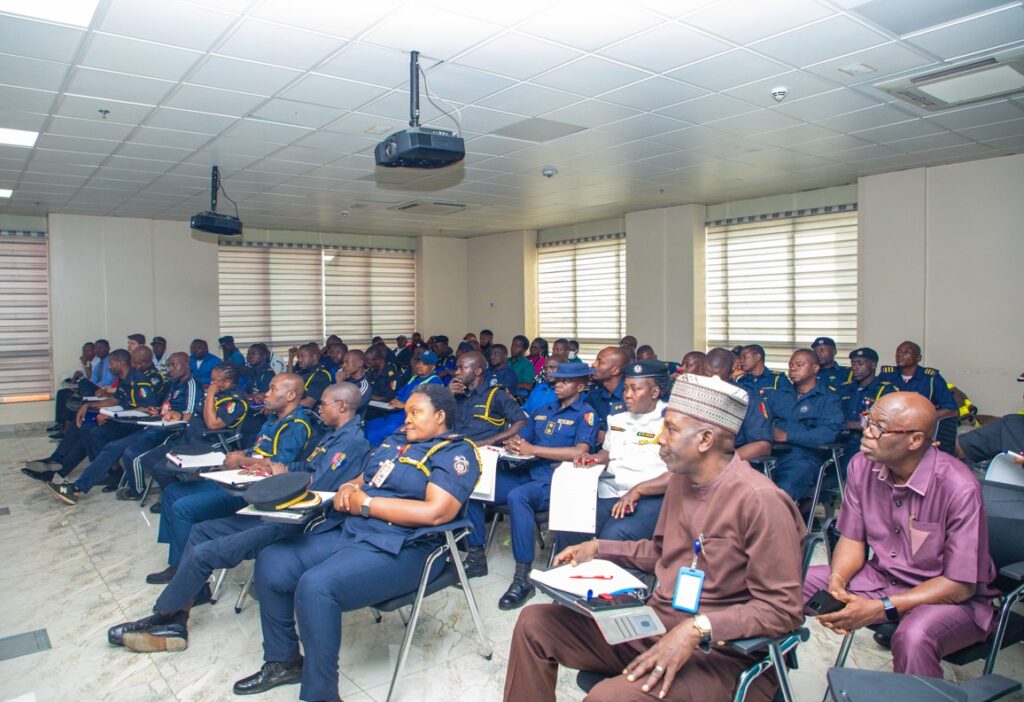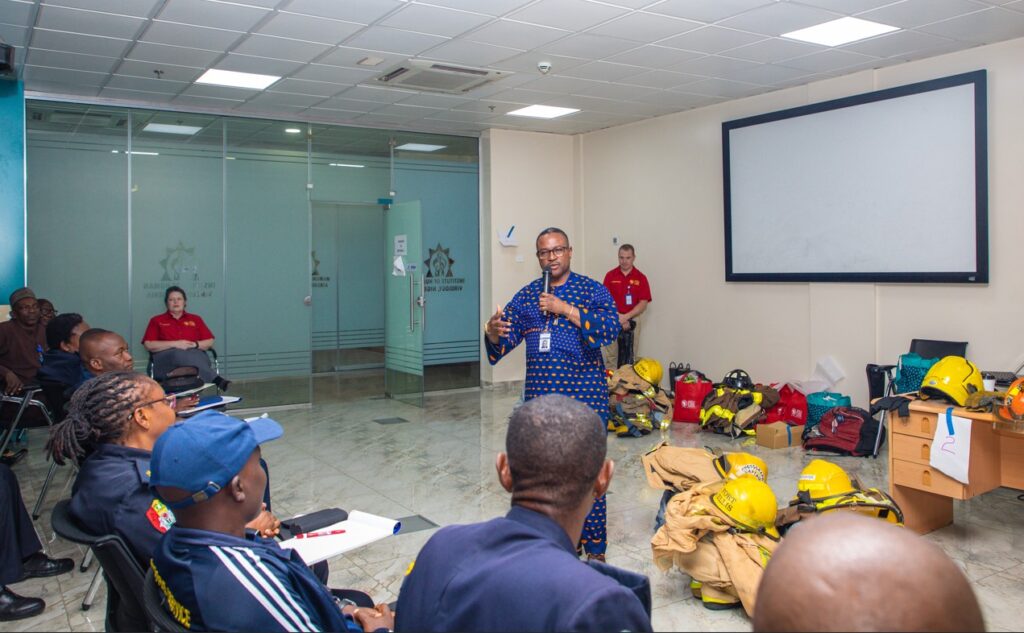More than 209,062 women and 202,529 children under five years have received nutrition services from the Accelerating Nutrition in Nigeria (ANRiN) project being implemented by the Institute of Human Virology Nigeria (IHVN) in nine Local Government Areas in Kano State.
ANRiN Project Director, Dr. Ishaya Madaki, who stated this, said that the project is improving the nutritional status of pregnant women through provision of iron, folic acid tablets and intermittent malaria prophylaxis.
“IHVN is also providing zinc-fortified ORS for the management of diarrhea in children 6-59 months of age. Our work is also aimed at improving vitamin A supplementation and routine deworming of children under five years. We adopted approaches such as bi-monthly communication outreaches, town hall meetings, radio jingles, and a men’s forum to sensitize men about actively supporting their wives to access and utilize the basic nutrition services,” he said.
The Project Director added that “in some communities, the women want to access care but their husbands tend to stop them because they do not know about the services that we offer. We have decided to sensitize them and are sure that with this, more women and children will benefit.”
He added that the project has more than 220 community volunteers combing Bunkure, Dala, Fagge, Gwale, Kano Municipal, Kumbotso, Nasarawa Tarauni and Wudil Local Government Areas in Kano State to provide nutrition services.
Project beneficiaries have said that the ANRiN project has improved the health of their families. 38-year-old Hajara Ahmed from Bunkure LGA said that she has seen many positive changes in her children. An ANRiN community volunteer visited their home to educate them about hygiene and good nutrition. “The community volunteer gave us Zinc ORC, micronutrients, vitamin A, and albendazole tablets. My daughter who was ill with diarrhea, is now healthy,” she said.
Another beneficiary, Sadiya Abubakar, said that “My husband is hardly around because his job requires him to always be on the road – he is a driver. We do not have a pharmacy in this community, that is why I could not take my children for treatment.”
She was relieved when a community volunteer educated her and administered medications to her ten-month and two-year-old children respectively.
